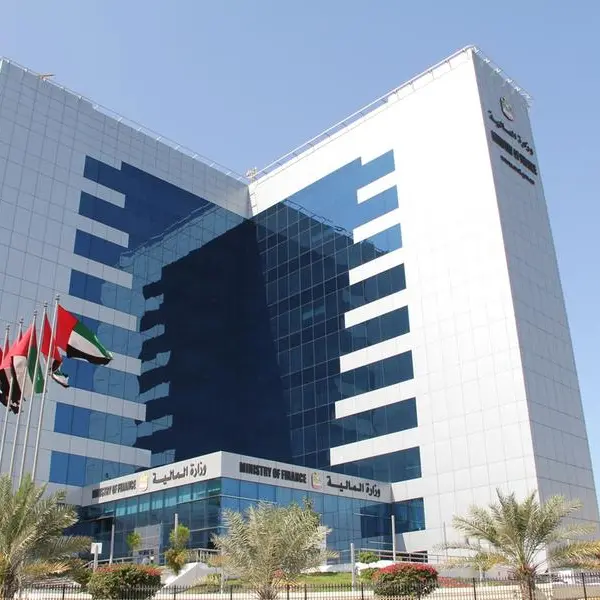April 8, 2017
Muscat: Oman’s finance ministry will enhance its workforce to handle a large number of companies that are required to pay corporate income tax, following the recent removal of a threshold limit, according to a top-level official at the Ministry of Finance.
“We are recruiting more people this year and next year to handle the increased number of taxpayers and to make sure that things will go smoothly,” Saud Nasser Al Shukaily, secretary general of taxation at the Ministry of Finance told the Times of Oman on the sidelines of a seminar on amendment in tax law.
The seminar was jointly organised by the Oman Chamber of Commerce and Industry (OCCI) and Crowe Horwath Oman, which attracted an overwhelming response from the business community. Al Shukaily said unless the size of the administration is increased, the new law cannot be implemented easily. The number of companies that are required to pay taxes will increase substantially, with the removal of a threshold limit of OMR30,000.
He added that the Sultanate’s government had no other option but to amend the tax law to prevent revenue leakages and to adopt best practices followed by several other countries around the world, which include withholding tax on dividend and interest.
Before the amendment, several Omani business houses were splitting businesses into small firms to avoid taxes by showing profit below the threshold limit of OMR30,000.
Davis Kallukaran, managing partner of Crowe Horwath in Oman, while addressing the gathering, said there are more than 300,000 commercial registrations in Oman, but only around 80,000 of them have registered with the tax department. Of this, less than 10,000 finally file their tax returns and pay taxes.
“The government has brought about modifications in the tax laws to bridge this gap. At the same time, the micro businesses are taxed at zero rate, while small businesses are taxed only at 3 per cent.”
Addressing the seminar, M K Sreedhar, tax adviser at Crowe Horwath, said an important change in the tax law is aimed at identifying the taxpayer since a tax card will be issued to all the taxpayers.
Highlighting the major changes in the tax law, Sreedhar said there is no basic exemption limit for taxation and that the income tax rate has been raised to 15 per cent from 12 per cent.
However, there is a relief for small Omani tax payers, who are liable to pay only 3 per cent. Also, the scope of withholding tax has been enlarged by including few items—service fee, dividend and interest. Ministries and government institutions are also required to deduct withholding tax with the amendment.
And tax exemption has been limited to industrial companies up to a period of five years, while non-compliance with tax law requirements and tax evasion will be costlier.
Kallukaran touched upon the huge state-of-the-art infrastructure being facilitated by the government of the Sultanate to augment the overall growth of the economy. He said modern airports, the seaports and the roadways are shining examples of the government’s endeavour to serve the business community. It is the business community which is benefiting from the infrastructure and they have to contribute to national development.
The seminar was attended by the Chairman of Oman Chamber of Commerce and Industry Syed Saleh Alkhiyumi and Hamood Sangour Al Zadjali, executive president of the Central Bank of Oman. Welcoming the gathering, Redha Juma Al Saleh, vice chairman of OCCI, said the seminar was aimed at addressing the concerns of the business community in understanding the changes made to the income tax act recently. Ramya Annadurai, director tax advisory at Crowe Horwath, also addressed the seminar.
© Times of Oman 2017




















